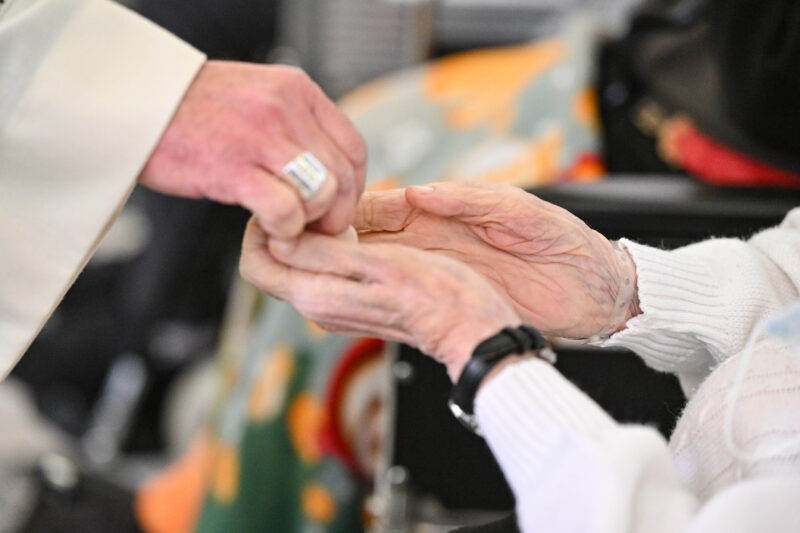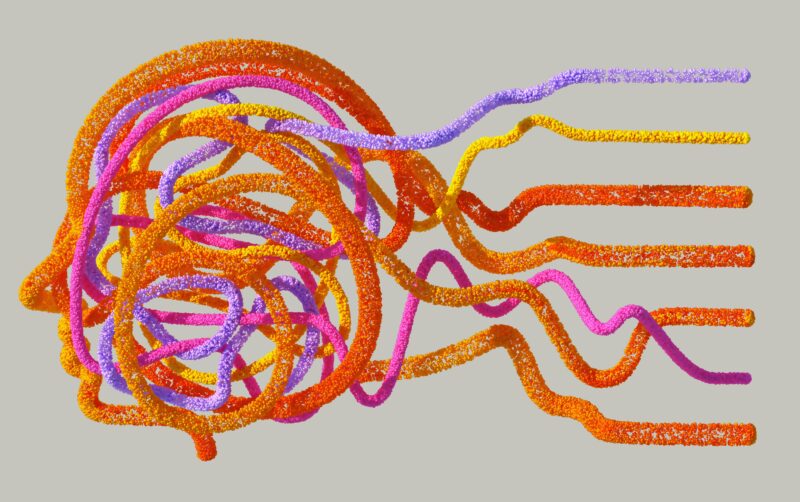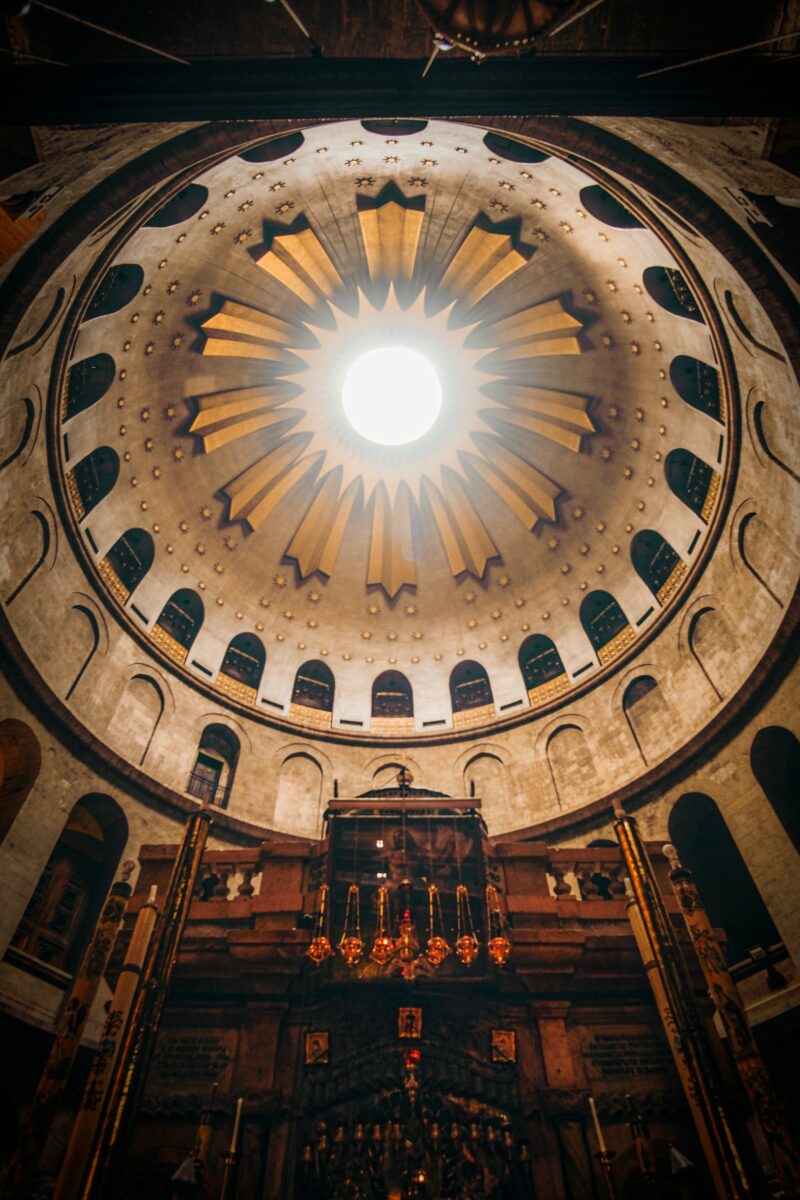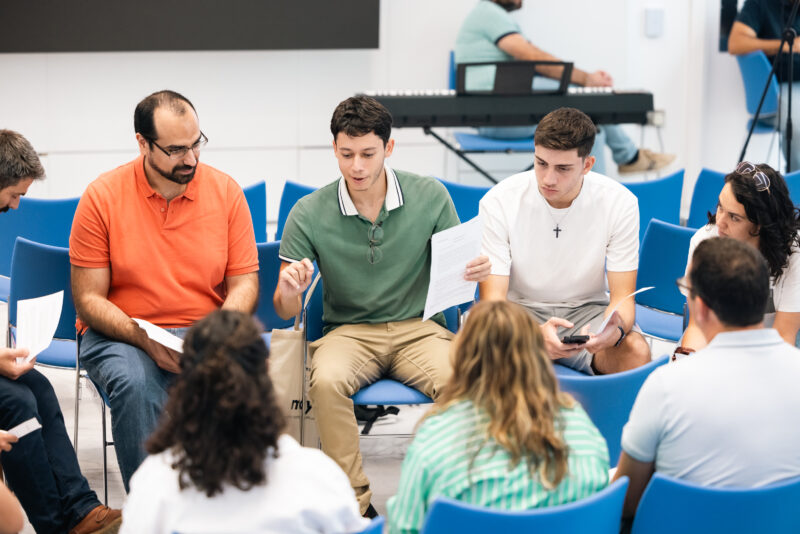Ministering Holy Communion in Hospitals is designed for hospital volunteers who wish to receive both spiritual formation and practical guidance for distributing Holy Communion to patients in hospital care. Through theological reflection and formation for worship, participants will be introduced to the biblical and theological foundations of the Eucharist, as well as the pastoral and spiritual dimensions of this ministry.
Individuals who help and minister with the Hospital Chaplaincy
Target Audience Age: 18+
The course will take place on Fridays from 7:00pm to 8:30pm at Mater Dei, Chaplaincy Hospital.
| Date | Session |
| 23rd January 2026 | The Eucharist in Daily Life |
| 27th February 2026 | The Holy Eucharist |
| 20th March 2026 | Part 1 – The role of the extraordinary minister Part 2 – Practical points |
This course has two exit certificate options:
1. Certificate of Attendance
The student will receive a Certificate of Attendance when attending a minimum of 80% of all contact hours for this course.
2. Certificate of Participation
The student will receive a Certificate of Participation when (in addition to meeting the attendance criteria above) they successfully complete a short online assessment.
Language: Applicants must be proficient in both Maltese and English.
Digital: Applicants must be digitally literate particularly of the internet of which they must have access.











